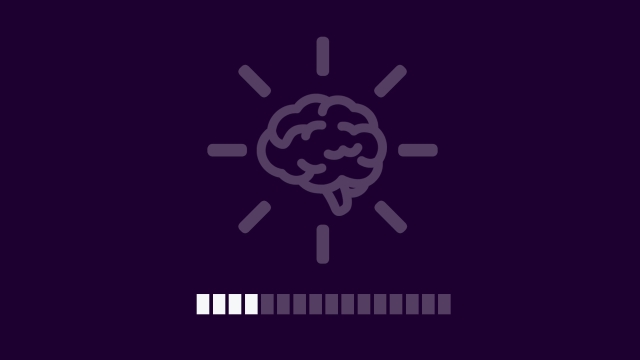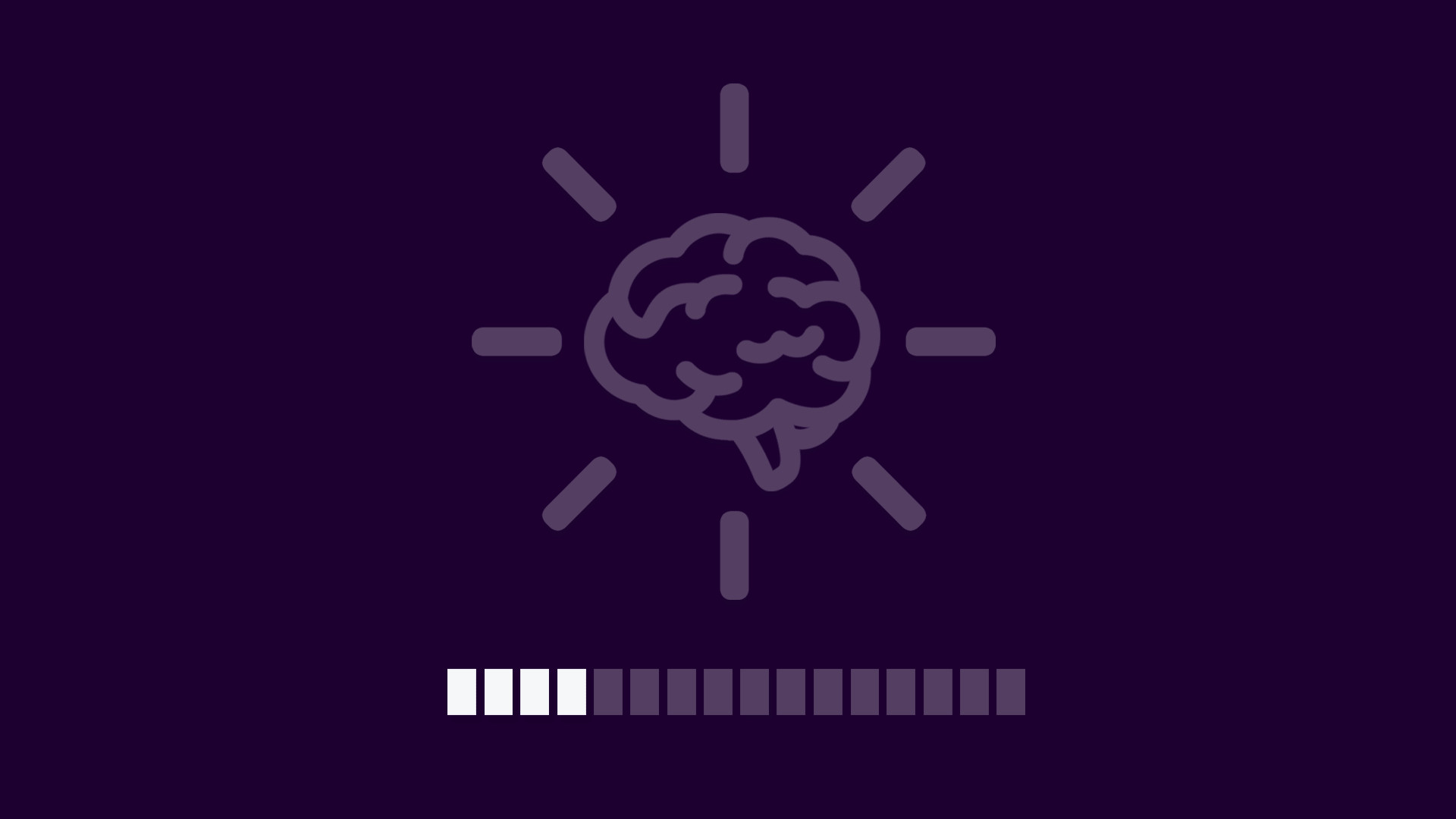
Navigating the Mind: The Essential Role of Counseling in Modern Healthcare

In today’s fast-paced world, the importance of mental health has gained significant recognition, yet it often remains overshadowed by physical health issues. As healthcare continues to evolve, mental health counseling emerges as a vital component of comprehensive patient care. It serves not only to address emotional and psychological challenges but also to enhance overall well-being, fostering resilience in individuals facing various life stressors.
The growing awareness of mental health disorders has prompted healthcare professionals to integrate counseling into their practices. By providing targeted support through skilled therapists, individuals have the opportunity to explore their struggles, develop coping strategies, and pave the way toward healthier lives. This integration is crucial as it acknowledges that mental and physical health are intricately linked, making mental health counseling an essential pillar of modern healthcare systems.
The Importance of Mental Health Counseling
Mental health counseling plays a pivotal role in the overall framework of healthcare. As awareness of mental health issues grows, it becomes increasingly clear that psychological well-being is essential for physical health. Individuals facing mental health challenges often experience additional health problems, which can lead to a cycle of distress that affects their quality of life. By integrating mental health counseling into healthcare, individuals receive support that addresses not only their mental health needs but also promotes better physical health outcomes.
Moreover, mental health counseling provides a safe and confidential space for individuals to explore their feelings, thoughts, and behaviors. This form of support helps people develop coping strategies, enhances their self-awareness, and fosters emotional resilience. When patients engage with mental health professionals, they learn to navigate life’s challenges more effectively, which can lead to improved relationships, higher productivity, and a greater sense of fulfillment. In a healthcare setting, this kind of support is vital for comprehensive patient care.
In addition to individual benefits, mental health counseling contributes to the wider community by reducing stigma and promoting mental wellness. As healthcare systems increasingly recognize the importance of mental health, counseling services become essential in routine care. This shift not only supports those in need but also helps create an environment where mental health is prioritized and valued on par with physical health. Ultimately, mental health counseling is essential for fostering a healthier society, where individuals can thrive mentally and physically.
Substance Abuse
Integrating Counseling into Healthcare
Integrating mental health counseling into healthcare is crucial for a holistic approach to patient well-being. By incorporating counseling services within primary care settings, healthcare providers can address the psychological aspects of patients’ health issues. This allows for early identification and intervention of mental health conditions, which can significantly improve overall outcomes. Healthcare facilities that adopt this integrated model can offer a more comprehensive treatment plan, considering both physical and mental health needs.
Collaboration between mental health counselors and other healthcare professionals fosters an environment of shared knowledge and resources. This teamwork enables the development of tailored treatment strategies that cater to individual patient needs. When counselors work alongside physicians, nurses, and specialists, they can provide vital insights that enhance the understanding of how mental health impacts physical health and vice versa. Such collaboration not only improves communication but also promotes a culture of empathy within the healthcare system.
Moreover, integrating mental health counseling into healthcare can lead to reduced stigma surrounding mental health issues. When counseling services are easily accessible and normalized within healthcare settings, patients are more likely to seek help without fear of judgment. This approach encourages individuals to address their mental health openly, leading to increased awareness and understanding. As a result, patients receive timely support that complements their overall health management, ultimately contributing to a healthier society.
Barriers to Accessing Counseling
Accessing mental health counseling can be challenging for many individuals due to a variety of barriers. One significant issue is the stigma surrounding mental health. Many people still feel ashamed to seek help, fearing judgment from peers or family members. This stigma can discourage individuals from pursuing counseling, leaving them to suffer in silence rather than reaching out for the support they need.
Financial constraints also play a critical role in hindering access to mental health services. Counseling can be expensive, and not all insurance plans provide adequate coverage for mental health care. For those without insurance or with high deductibles, the cost of therapy might be prohibitive. This financial burden can prevent individuals from attending regular sessions, ultimately impacting their overall well-being.
Additionally, geographical limitations can create obstacles for accessing counseling services. In many rural or underserved areas, there may be a lack of qualified mental health professionals available. Even when services are available, transportation barriers can make it difficult for individuals to attend appointments. As a result, many people are left without the necessary resources to address their mental health needs, highlighting the importance of improving access to these essential services.
Future Directions in Counseling and Healthcare
The integration of technology in mental health counseling is poised to transform healthcare delivery in the coming years. Teletherapy and mental health apps are becoming increasingly popular, allowing individuals to access support from the comfort of their homes. This approach widens the reach of services, making therapy more accessible to those in remote areas or with mobility issues. As technology continues to evolve, the personalization of mental health care through artificial intelligence may further enhance treatment options, tailoring interventions to individual needs with unprecedented precision.
Another future direction involves a greater emphasis on holistic approaches to mental health within healthcare systems. Recognizing the interconnectedness of mental and physical health, counselors are likely to collaborate more closely with other healthcare providers. This unified approach can lead to a more comprehensive understanding of patient needs and improved treatment outcomes. Integrative care models, which combine mental health counseling with primary care, are likely to gain traction, promoting the idea that mental well-being is a critical component of overall health.
Lastly, there will be an increasing focus on preventive mental health measures. As awareness around mental health issues grows, counseling will play a crucial role in proactive interventions. Educational programs aimed at reducing stigma and promoting mental wellness will become essential parts of health care initiatives. By fostering resilience and teaching coping strategies, counselors can help individuals navigate life’s challenges more effectively, ultimately reducing the burden of mental illness on healthcare systems.



